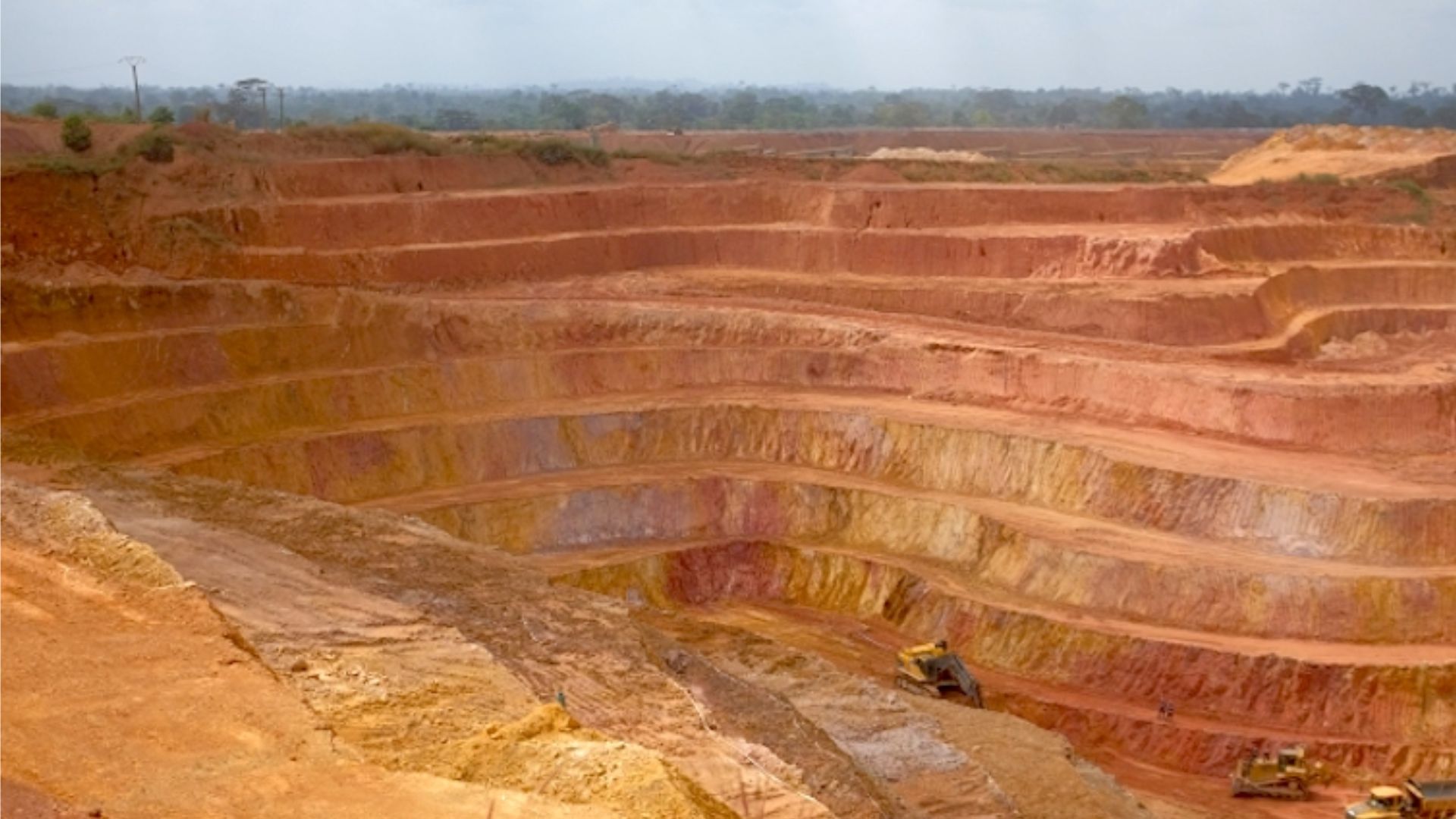Shifting Tides: West Africa's Resource Market Sees Diversification Amidst Changing Investor Interest and Government Priorities
- West Africa | 29 December 2018

In West Africa, gold has long been the most coveted and heavily exploited resource. However, the region is witnessing a diversification of interests from both investors and governments, driven by market volatility and changing dynamics. While gold remains an important commodity, there is a growing focus on alternative resources, particularly battery metals like cobalt and lithium, as well as uranium and other alternative energy sources. This shift in interest raises questions about the viability of relying solely on one commodity and highlights the need for a more diversified economy. Furthermore, factors such as tax regimes, security concerns, local expertise, international standards, and power generation play crucial roles in shaping the future of the mining industry in West Africa.
Governments in West Africa are increasingly recognizing the risks associated with relying heavily on a single commodity. The economic vulnerability of being tied to one resource prompts governments to seek diversification and reduce dependence on a volatile market. Meanwhile, investors, seeking stability and high returns, are exploring opportunities with minimal perceived risk. Gold, which is currently out of favor with the junior investor community, is being overshadowed by battery metals like cobalt and lithium due to their projected demand in end-use segments. While the share prices of lithium companies may not reflect current interest accurately, there is a clear disconnect between market perception and the deals being pursued.
Battery metals are not the only resources attracting attention in West Africa. Uranium, despite its struggle to recover from the Fukushima disaster, is considered to have a positive outlook due to the increasing number of reactors being built worldwide. Countries like China and India are leading the way in expanding their nuclear power capabilities, and the safety of new reactor designs is an important factor in dispelling concerns about nuclear energy. Additionally, other alternative energy resources are gaining prominence, and their demand projections suggest a significant role in the future energy landscape. The tax regime and public perception are crucial factors affecting the economic viability of mining projects. Governments must strike a balance between incentivizing companies to operate and ensuring economic returns for the country. A stringent tax regime can render a mining project unfeasible, while negative public perception often arises from a lack of visible local and national development. It is essential for both governments and mining companies to understand each other’s perspectives and find common ground to create an enabling framework for sustainable mining operations.
Security challenges remain a significant issue in many parts of Africa, with profiles changing rapidly due to unexpected incidents or political regime changes. Countries like Côte d’Ivoire and Guinea are becoming more attractive to investors due to improved security conditions, while caution is exercised in countries like Burkina Faso, Niger, and Mali. The vast, uninhabited areas and porous borders make it difficult for governments and companies to monitor and respond to security threats effectively. However, innovative solutions such as intelligence-gathering efforts and mobile applications are helping improve situational awareness and response capabilities.
International mining and exploration companies often seek local service providers as long as they can meet international standards. Quality and cost-effectiveness are key considerations, with higher-quality products often leading to increased longevity and efficiency. Training and technological advancements are also critical, as they enhance safety and efficiency, and companies are increasingly focusing on local content guidelines to support local economies.
Power generation is a crucial aspect of mining operations, especially for gold extraction. However, challenges related to transmission and the financial viability of utilities hinder the success of mining projects. Renewable energy sources are considered the future of power generation in Africa, but for now, mines often require hybrid solutions. As confidence in commodities grows, mining companies are more willing to.








